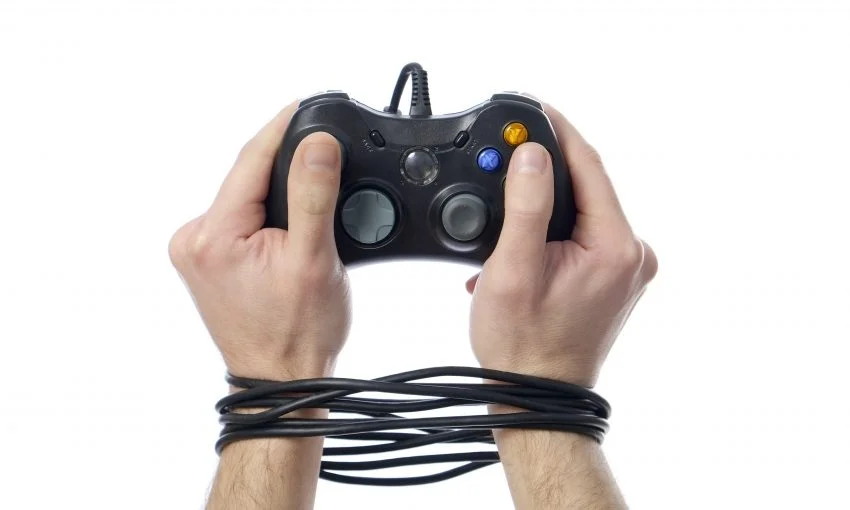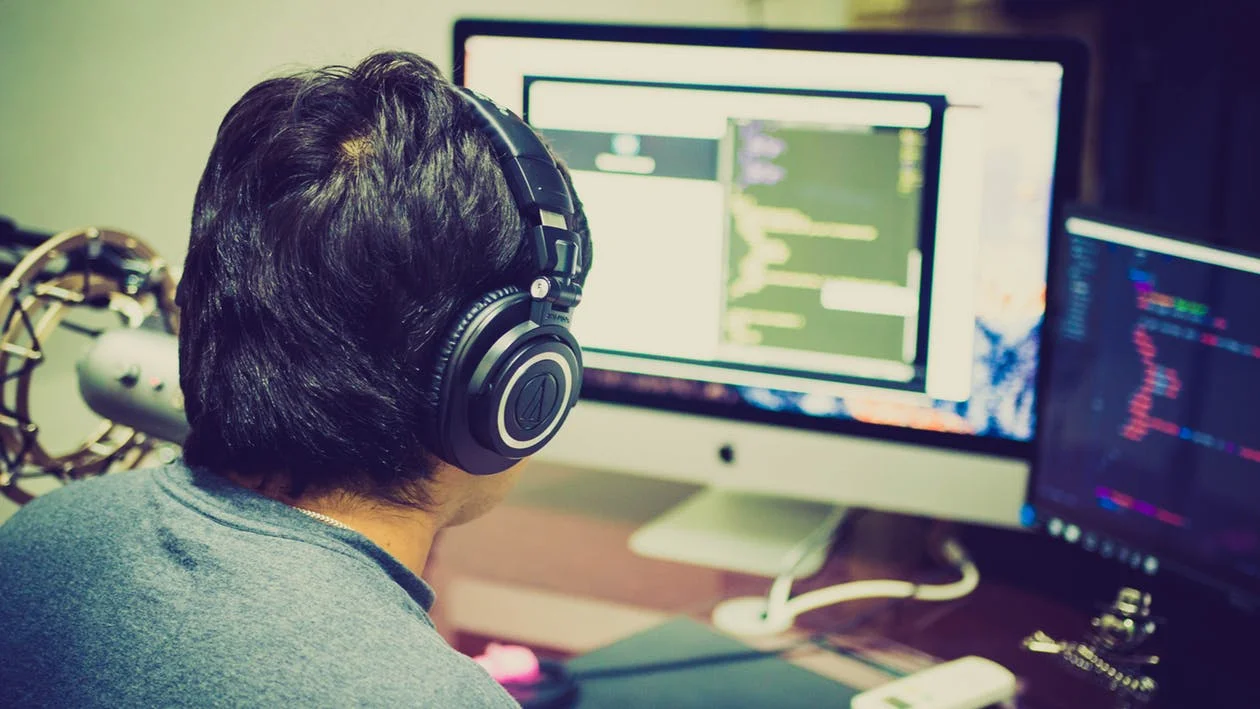Just in from the World Health Organization — Research has finally connected gaming, addiction, and mental health. I have been wondering for the past nine years, ever since my son became completely and utterly distracted by gaming, what affect is was having on his mental health? (He thinks the study is bogus by the way! )
The WHO now considers game addiction to be a type of mental health disorder
Those diagnosed often give priority to video games over other daily activities
Video game industry groups have since pushed back on the WHO's
They’re not talking about everyday gamers that play a few games here and there. Gamers that are able to go outside and enjoy the fresh air, regale with their family, keep up with chores and responsibilities aren’t addicted. No, the addiction is when everything else goes by the wayside, and according to the article by Palmer in the Daily Mail, May 28, 2019,
“…people must be playing video games so much that it 'takes precedence over other life interests.'”
Do you play video games? Does it take precedence over other daily duties? Do you get angry responses from the mouth of your gamer when they’re interrupted or asked to do anything, other than play the game? If so, you or your loved one could be an addicted gamer.
Check out the article:
My personal experience with this through my son, definitely supports this research. He is addicted to gaming. Sometimes those with mental illness cope by replacing one behavior with another, and my son has coped with his mental health condition by playing games. Often we battle over taking out the trash, seeking a job, cleaning his room or even taking a shower. Ever since he was 15, he’s used gaming to ‘cope.’ We’ve had oodles of the therapy sessions where this discussion has taken place, and it’s all come down to the fact that he’s using it to cope.
My worry has been confirmed through the work of the World Health Organization . Can you relate?
My personal experience with this through my son definitely supports this research. He is addicted to gaming. Sometimes those with mental illness cope by replacing one behavior with another, and my son has coped with his mental health condition by playing games. Often we battle over taking out the trash, seeking a job, cleaning his room or even taking a shower. From the moment that he turned fifteen, he’s used gaming to ‘cope.’ We’ve had gobs of the therapy sessions where this discussion has taken place, and it’s all come down to the fact that he’s using it to cope.
My worry has been confirmed through the work of the World Health Organization. Can you relate?
Moreover, as a teacher, that equates to eighteen hundred plus students in my fourteen years of teaching, many fit the same criteria. Often they don’t sleep at night and come into the classroom tired, even falling asleep on their desk. The topic of conversation generally is about the latest craze, Fortnite. So many kids are playing this game and it consumes their lives. My question is, are they all addicted? Are the parents aware? Can I pose those questions when my son, at twenty-three, is still playing them?
What are we to do as a society, if the most vulnerable, children or adults with a mental condition, use gaming to cope? How will this impact their communities? I suppose this is a question for the World Health Organization to decipher after all the news merely broke a week or so ago. Maybe they will come up with ideas that will trickle into therapy sessions, psychologist journals, mainstream media and finally into schools. I hope so, in the meantime, I’ve shared this information with my son and I’ll be working on this myself to improve my son’s life. As his mother and advocate, I feel it’s still my obligation to do so until he is able to do it for himself.
~Dawnette


